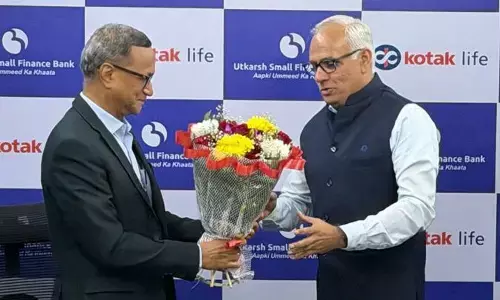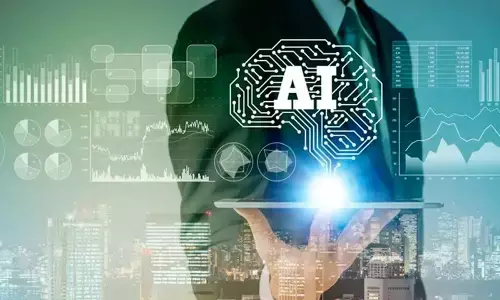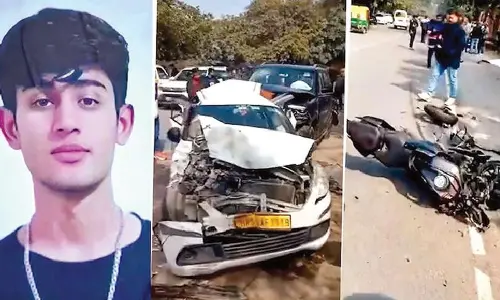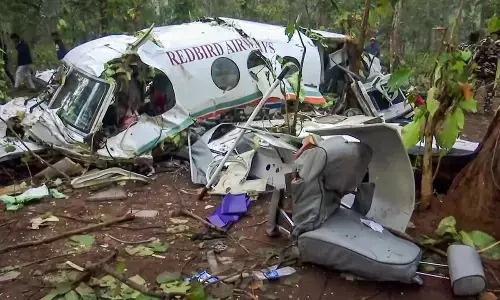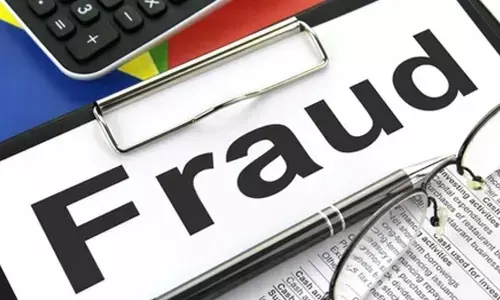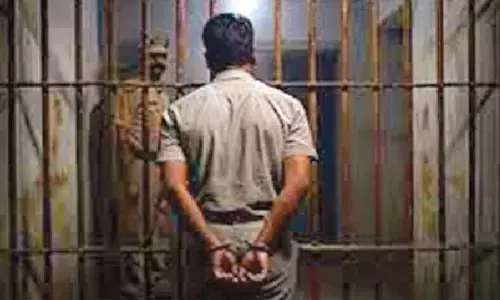Who will succeed Pranab?
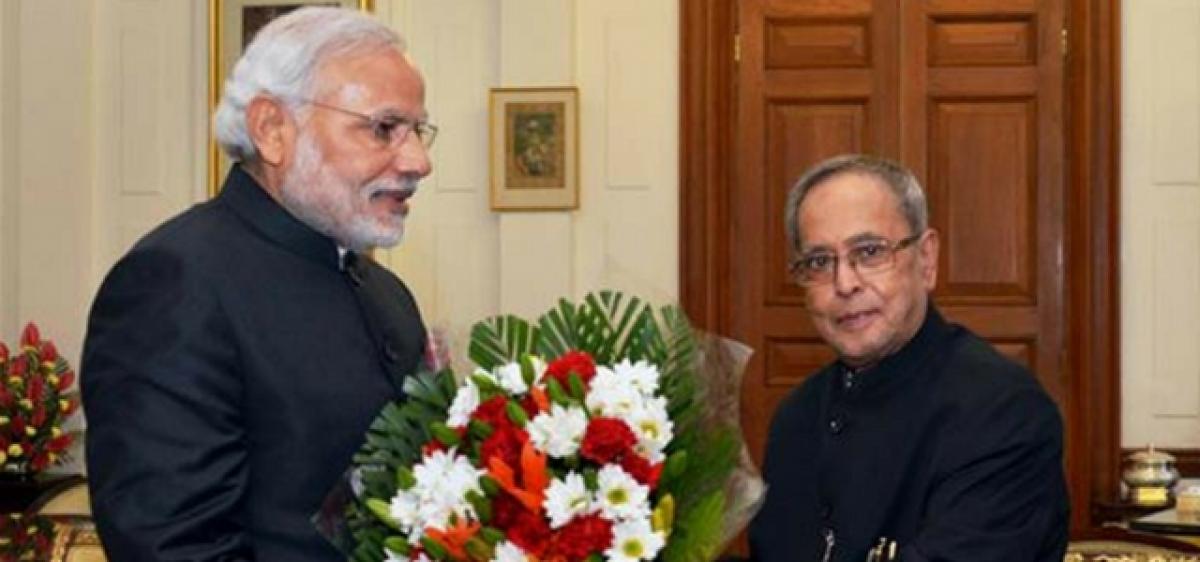
Stage is set for the presidential election in July and that for the vice-president in August. It will be a token contest between nominee of a resurgent NDA and candidate of a disparate opposition that is also desperate to use the twin contests to display a semblance of unity and purpose, but little else.
At the end of the day, the final call will be that of Modi in consultation with Shah and, of course, the Rashtriya Swayamsewak Sangh (RSS) leadership that calls the shots on all issues. This ground reality renders all speculation and preferences and rival political moves redundant
Stage is set for the presidential election in July and that for the vice-president in August. It will be a token contest between nominee of a resurgent NDA and candidate of a disparate opposition that is also desperate to use the twin contests to display a semblance of unity and purpose, but little else.
The game is set before its start. Surprises are confined to the two names NDA will announce after going through the motions of holding consultations with the opposition, going by BJP chief Amit Shah. In the current political scenario, it may be a mere formality. This once-in-five-years exercise has lost much of its lustre.
As is his wont, President Pranab Mukherjee made the first move, leaving the electoral arena to just anybody else, and creating an environment for smooth and healthy changeover.
Precisely two months before his five-year tenure ends, he told media invited to bid farewell to his Press Secretary Venu Rajamoni that “a new president will assume office,” and that he was sending officials from his staff back to their respective parent offices.
With this Mukherjee ended speculation over his name – that he might be willing to be considered for a second term. This ended efforts by some of the opposition parties to pitch him as a consensus opposition candidate. Meeting a day after Mukherjee spoke, they talked of offering only a ‘token’ fight to the government on the two elections.
Why did Mukherjee do this? He is as aware as anyone that no President has got a second term after Rajendra Prasad, the first President. While there is no rule of the thumb, those days of Congress predominance do not now exist.
Any incumbent would have to be the choice of the current NDA dispensation, more precisely, of the Prime Minister who has the final word on it in the Constitution’s scheme of things in this parliamentary form of government.
Let us first accept that the post of the President and that of the Vice-President as well, whoever occupies them, are political. And much as we dislike the politicos and would prefer “people of eminence,” the decisions are political, taken by politicians.
There is no ‘ideal’ person or persons for these posts, as one may fancy. Like, one cannot really have the Indian cricket team having the likes of C K Nayudu, Vijay Hazare, Polly Umrigar, Sunil Gavaskar, Bishen Singh Bedi, Sachin Tendulkar, M S Dhoni and the likes. Having elected our legislators, we must allow them to elect the President and the Vice-President.
That being the political reality, it is a given that Modi, his government and the party would like someone they would agree with politically. Elected when the Congress/UPA had the majority, Mukherjee is definitely not that person. Using careful, graceful language, he has been critical of the Modi government’s handling of thing. He has made observations leaving little doubt about his views.
The same day he conveyed his “not interested” message to one and all, at another function, he asked that there should always be room for the "argumentative Indian" but not the "intolerant Indian" – references whose import cannot be ignored or underestimated.
This is not exceptional; all his predecessors have done this. Hence, even if he is the best man for the job as many think, he has gracefully decided to bow out.
The opposition parties have their own agenda which, again, is not exceptional. They want to pull their weight in these key elections. Mukherjee has let it be known that he is part of that exercise.
One reason Mukherjee did not wait for the opposition conclave hosted by Congress Chief Sonia Gandhi at which representatives of 17 parties attended is that he would not like to be pressured into being pitch-forked as the opposition candidate.
Having held that post, it would be unbecoming of him to accept anything less than one that has total consensus. He would not like to see a repeat of what happened to the late APJ Abdul Kalam during the last presidential election.
It is apt to recall how the Bihar and West Bengal Chief Ministers had pushed for Kalam as the opposition candidate in 2012. Always volatile, Mamata Banerjee had initially opposed Mukherjee’s candidature since it came from the then ruling UPA.
She had wanted Kalam and then P A Sangma. When neither bid worked, she bowed to the general Bengali sentiment of electing Mukherjee. Mukherjee has chosen to stay away from her renewed efforts to settle political scores with the NDA government.
Next, the numbers among the legislators and parliamentarians are tilted towards NDA. After the massive victory in the Uttar Pradesh elections, the NDA/BJP has covered much of the deficit in votes and is only a fraction away from gaining majority. Assuming that together the opposition parties may agree on a person to contest against the ‘official’ NDA nominee, the chances of a victory are slim.
Then, there is nothing to prevent Prime Minister Narendra Modi to woo non-NDA parties, big and small, to vote for his nominee. For these parties, whether they are in power in the states or in the opposition, there is goodwill to gain and nothing to lose by cooperating with the Centre.
Jaganmohan Reddy of the YSR Congress has already expressed support. Chances are that both the Telugu ruling parties may fall in line with the BJP. In any case, it is competitive in that parties in the states seek to gain political points vis-a-vis their rivals.
Some names have gained currency, especially for the President’s post. Gopalakrishna Gandhi, the Mahatma’s scholar-administrator grandson, and Draupadi Murmu, the tribal woman who is currently Jharkhand’s Governor, are among them. If BJP quarters have floated names of Lok Sabha Speaker Sumitra Mahajan and External Affairs Minister Suishma Swaraj, the opposition has done so with former Lok Sabha Speaker Meira Kumar. Sharad Pawar has declined and so have others.
The BJP circles are coy at the mention of their stalwarts, L K Advani and Murli Manohar Joshi both of whom were talked about earlier, but have since been seemingly out of reckoning after their names have figured in fresh litigation over the 1992 demolition of the Babri masjid.
The BJP legislators are reportedly debating whether they should be electing on the basis of merit, meaning someone prominent, or send a political message by electing a woman/tribal/dalit, or as they had done during the Vajpayee era by electing a non-political, non-controversial member or a minority community like they had done in the case of Kalam.
While the NDA leadership may hold some consultations with the opposition parties, nothing substantial need be expected. The BJP had recently turned down suggestions of opposition parties that it should forego the chance to have its own nominees as President and Vice-President and look for a consensus. The question: why should the BJP do it? Our polity has not reached that level of maturity and the approach to issues remains bipartisan and even confrontationist on practically all issues.
Mutual distrust is deep, be it between the NDA and the opposition parties and among the latter grouping. Look at the way Nitish Kumar’s skipping the luncheon hosted by Sonial Gandhi, but his meeting Modi the next day caused political ripples. Nitish was compelled to explain, yet again, that he was not tilting towards NDA for any political gains for himself or for his party. The only saving grace in this discourse is that there has been no name-calling – so far.
At the end of the day, the final call will be that of Modi in consultation with Shah and, of course, the Rashtriya Swayamsewak Sangh (RSS) leadership that calls the shots on all issues. This ground reality renders all speculation and preferences and rival political moves redundant.


